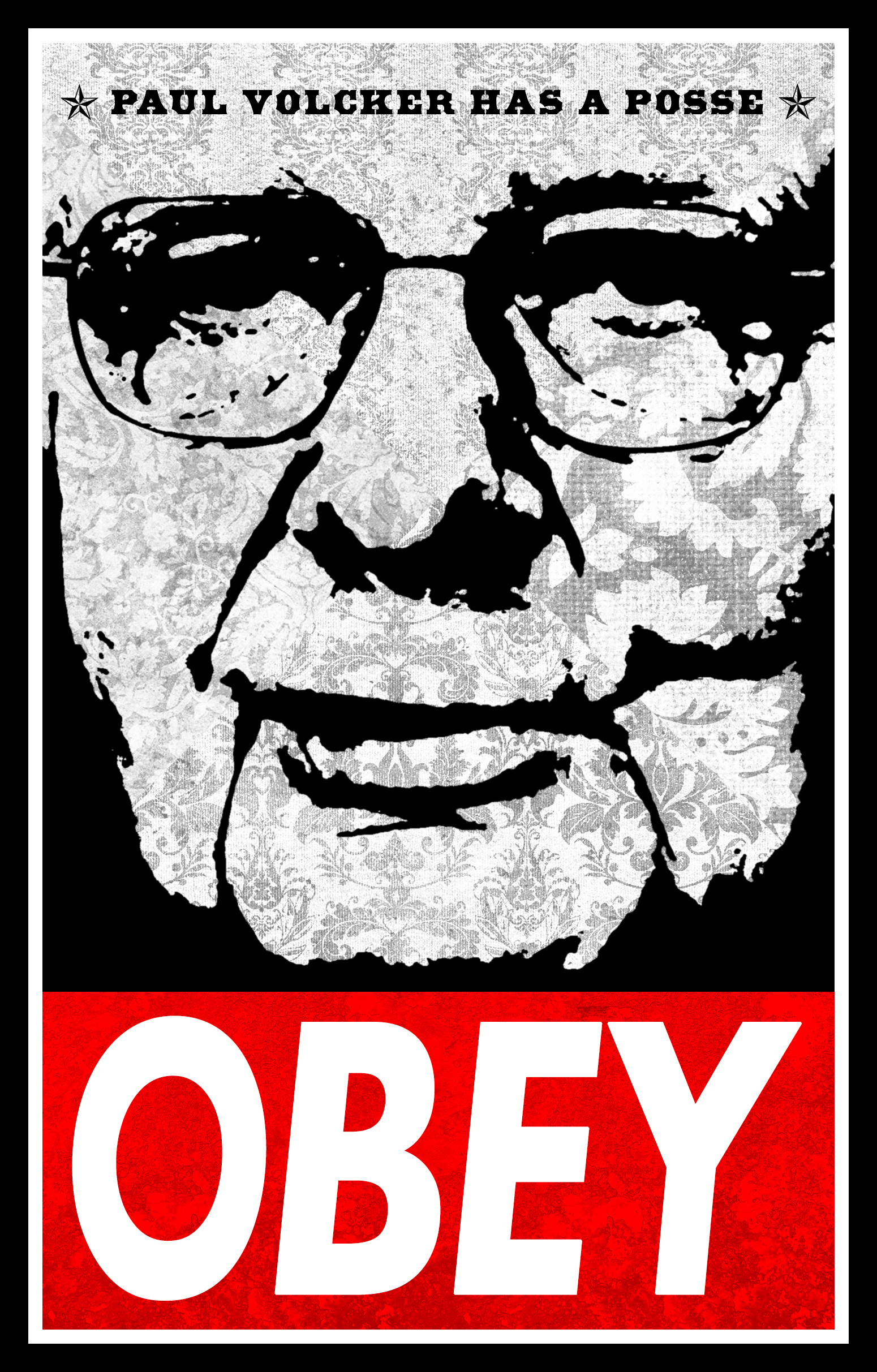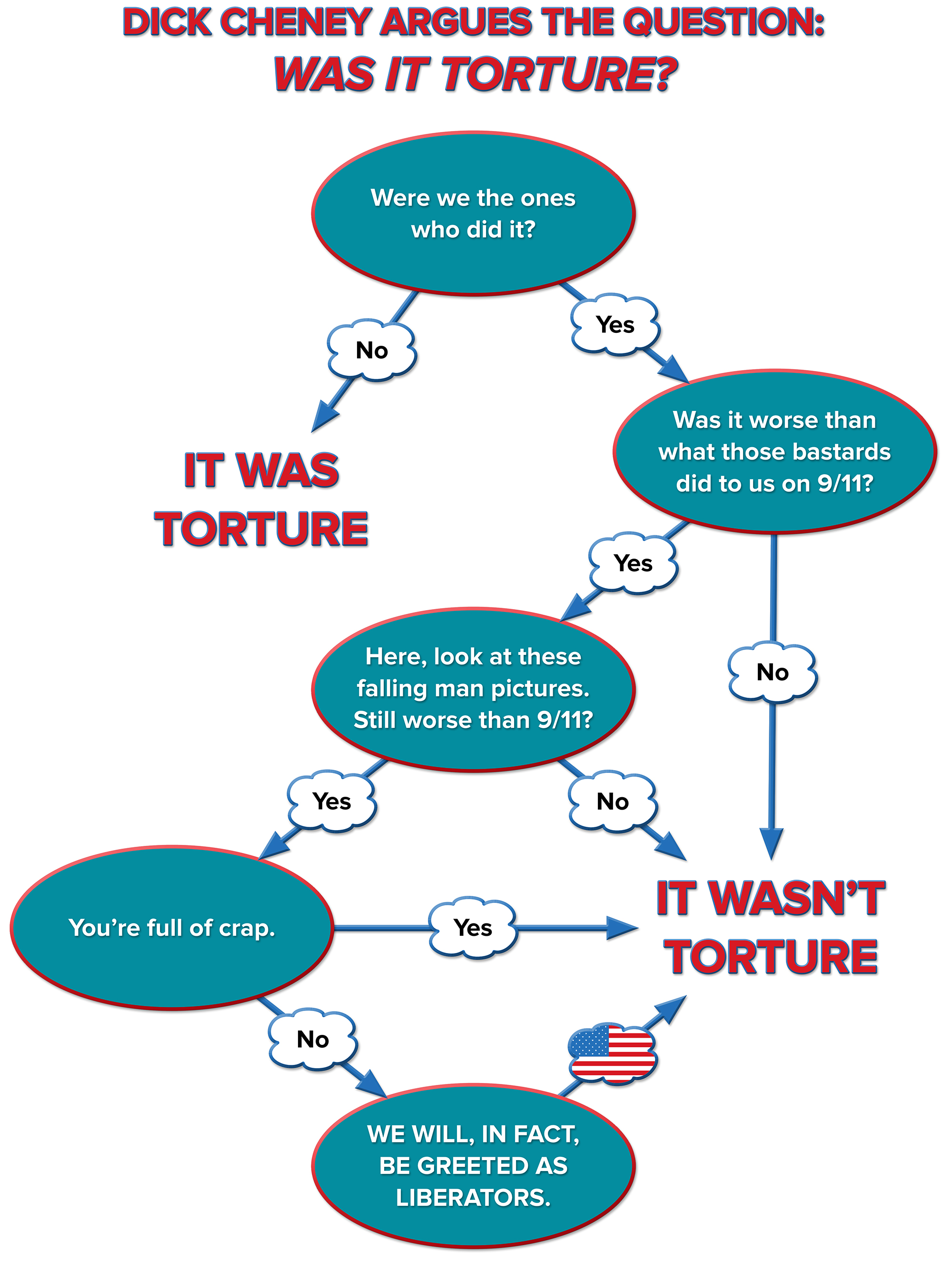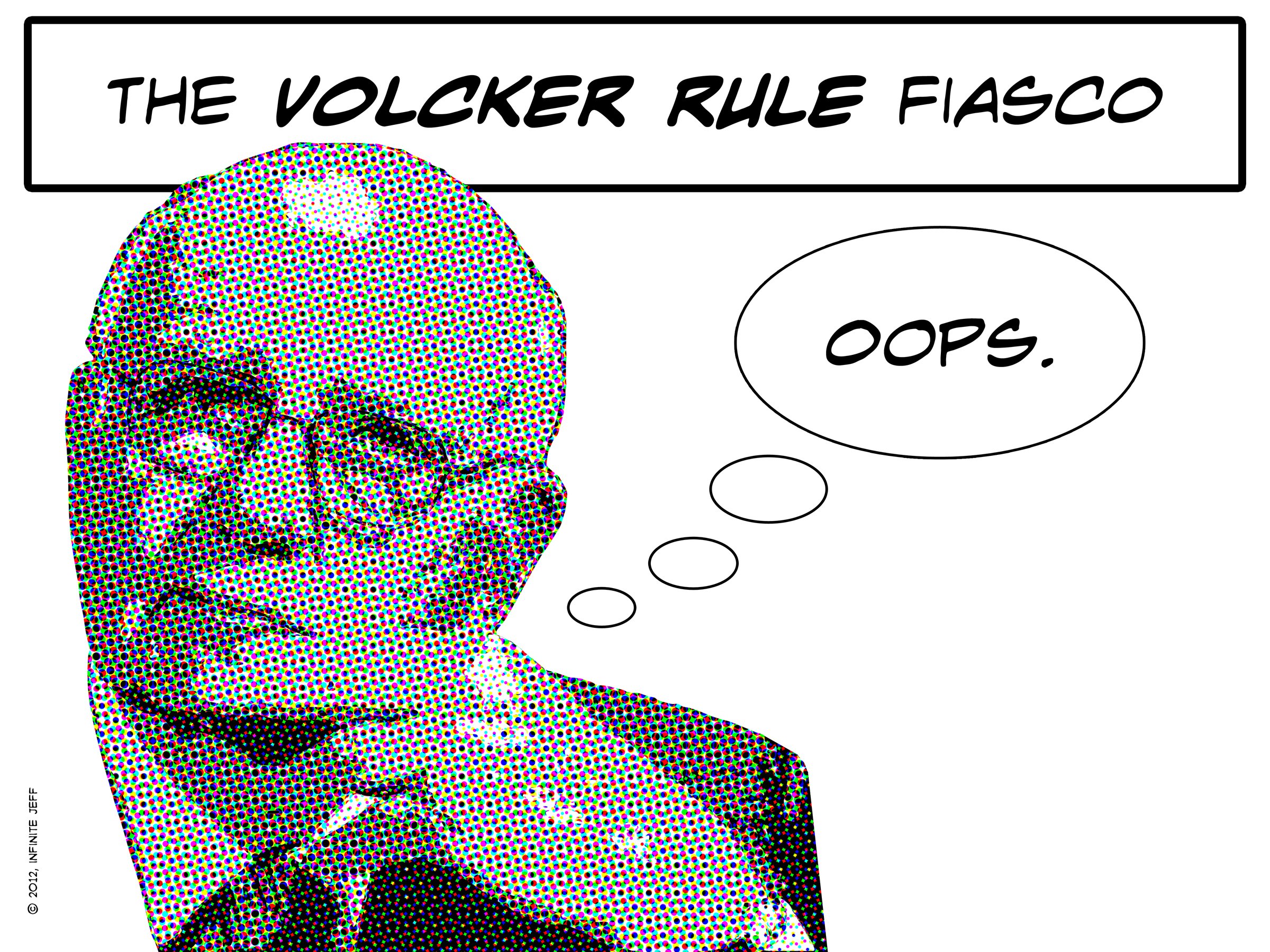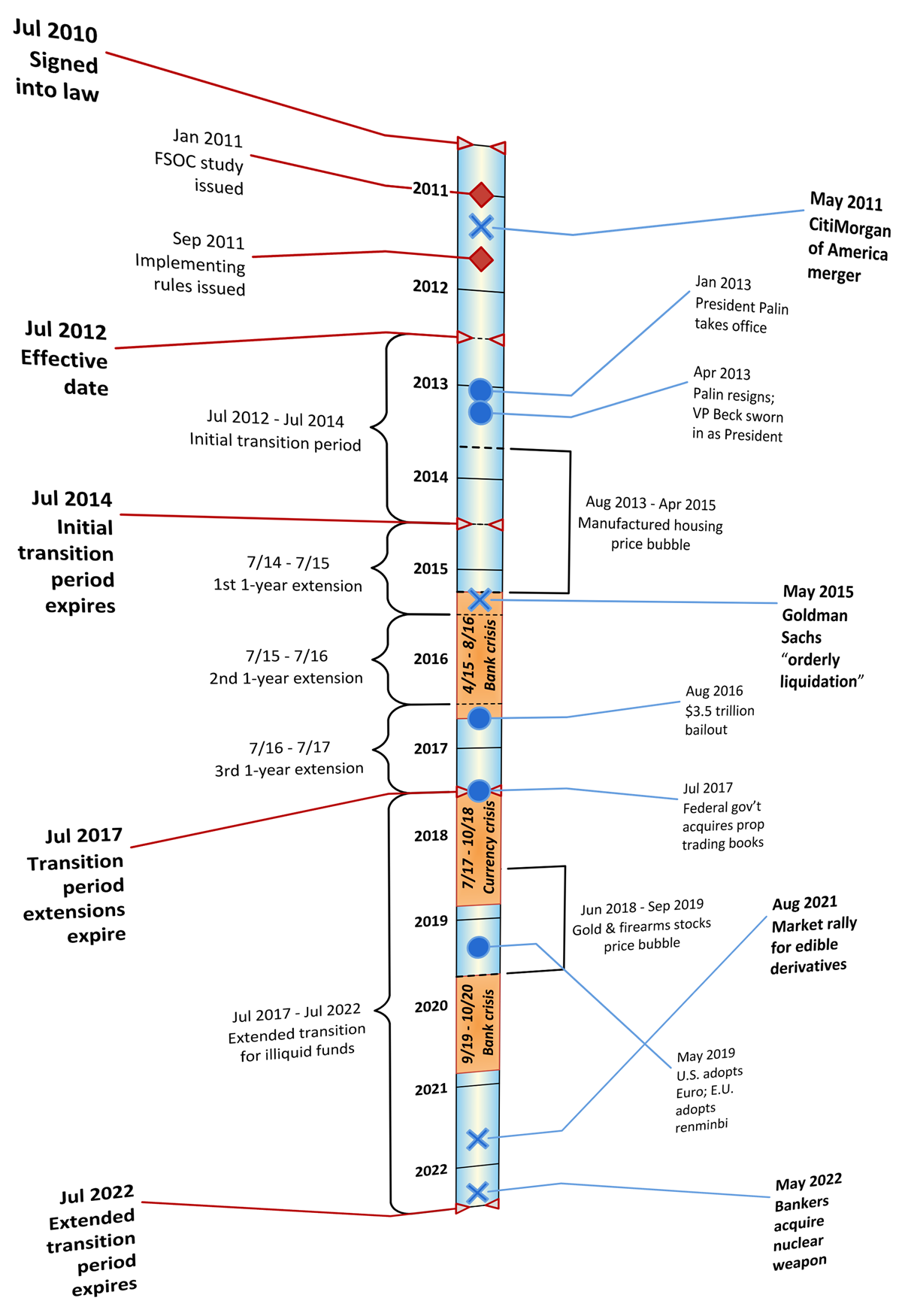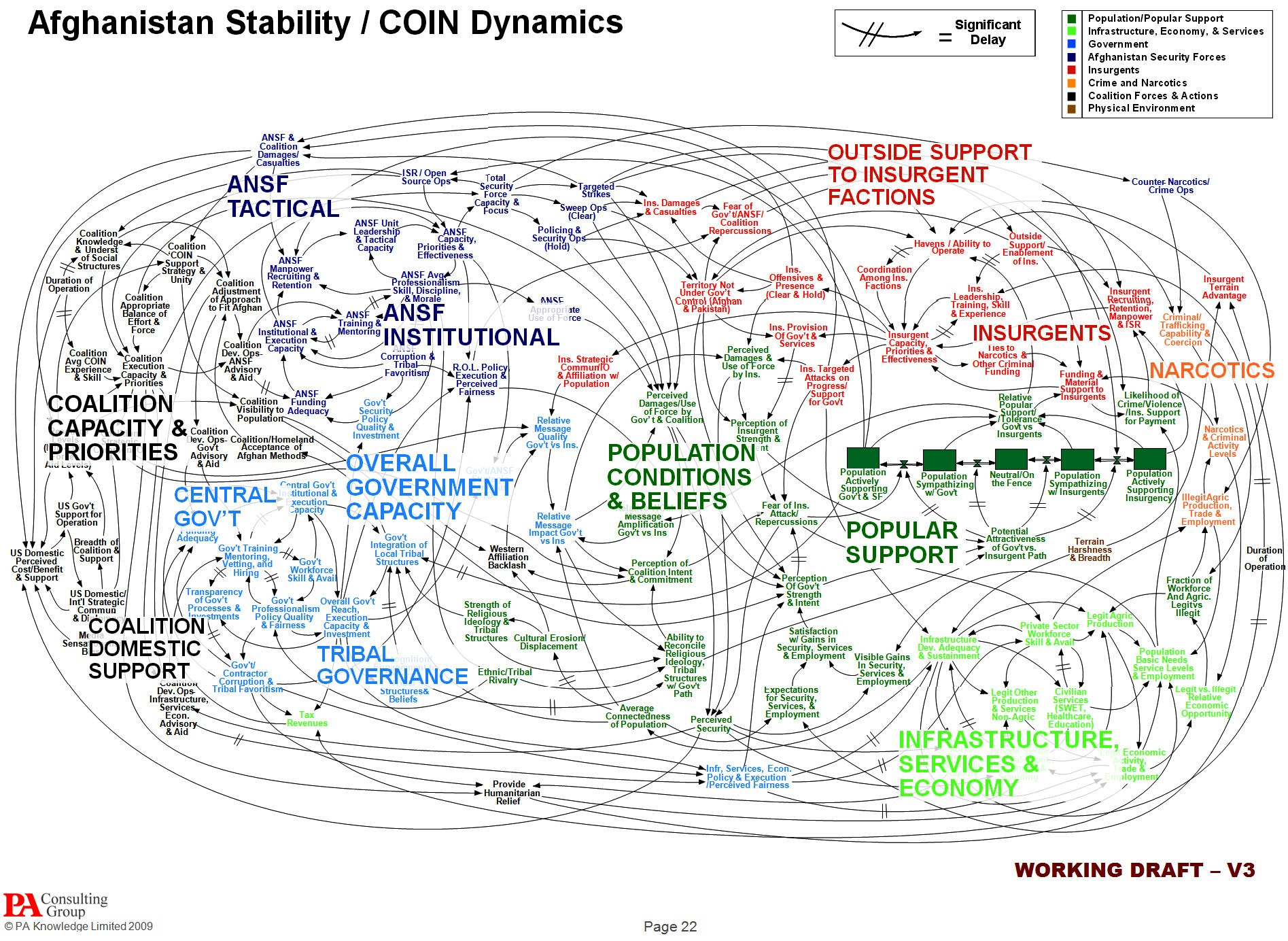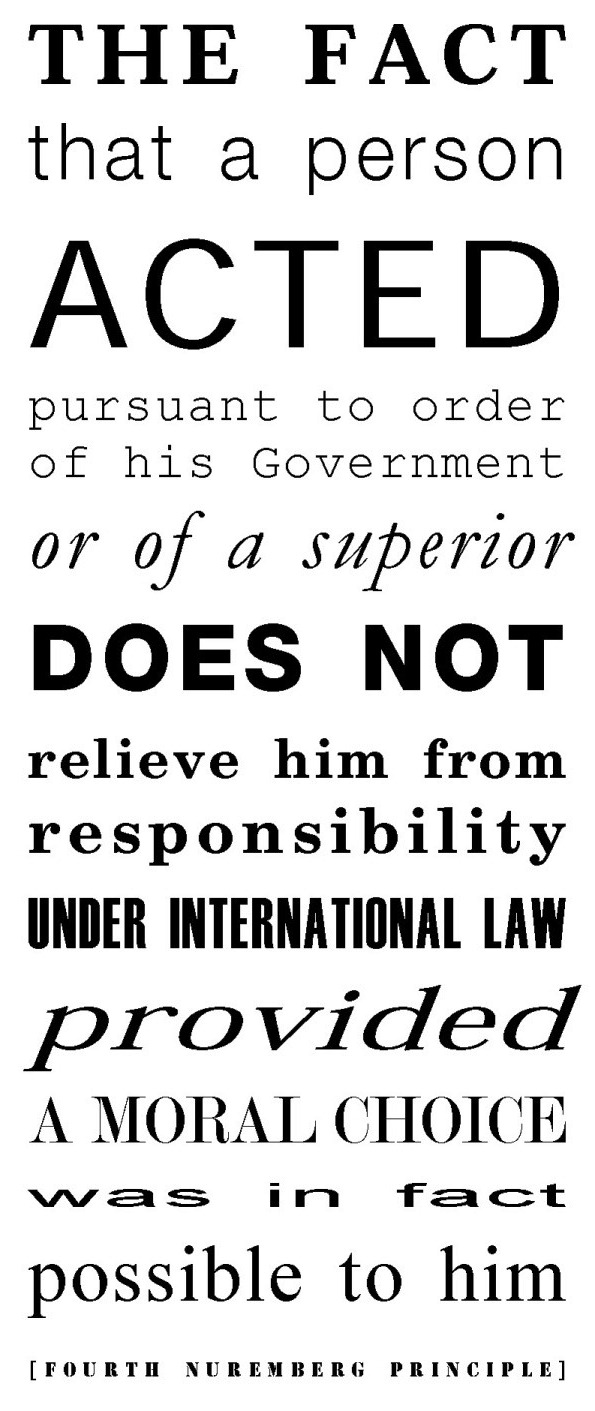Speaking of the overall dickishness at the SEC, you should Google “Gallagher Grundfest Harvard” and read about how Dan Gallagher (that flaming asshole) abused his office by accusing the Harvard Shareholder Rights Project of securities fraud – not as part of an SEC proceeding, but in an academic paper he co-authored with Prof. Grundfest – securities fraud supposedly perpetrated when the Harvard SRP made filings in support of Rule 14a-8 shareholder proposals to de-stagger boards of directors at a number of publicly traded corporations and, Gallagher alleges, mischaracterized the academic literature as overwhelmingly in support of de-staggering, when in fact there is a “substantial” body of research that favors leaving staggered boards as they are.
Leaving aside the merits of Gallagher’s views and his unctuously pro-management, anti-activist tone (at least we now know what he’s planning to do when he leaves the SEC), how can it possibly be appropriate for an SEC Commissioner to accuse private individuals or organizations of Rule 14a-9 violations or other securities fraud in the absence of any SEC proceeding or investigation? Even where (maybe especially where) current SEC Staff policy makes it very unlikely that the underlying conduct would ever be the subject of an enforcement action? Since when is an SEC Commissioner permitted to pronounce violations of the Federal securities laws, using his own preferred interpretation, on a freelance basis?
Over the line! Gallagher must go! I’m sure there’s a lobbying job for him at Americans For Entrenched Management or The Impunity Society or someplace like that.
